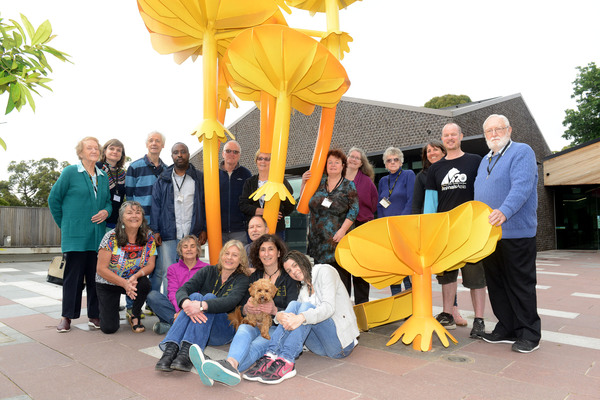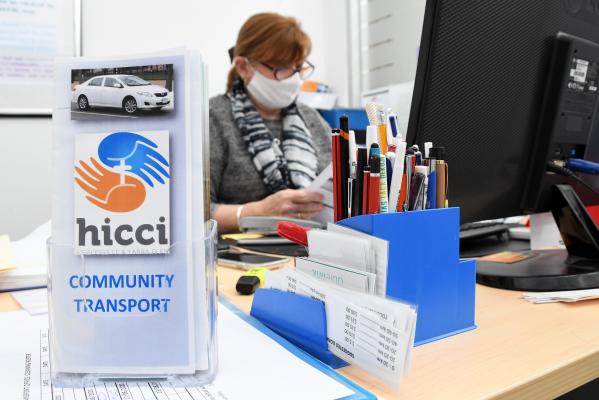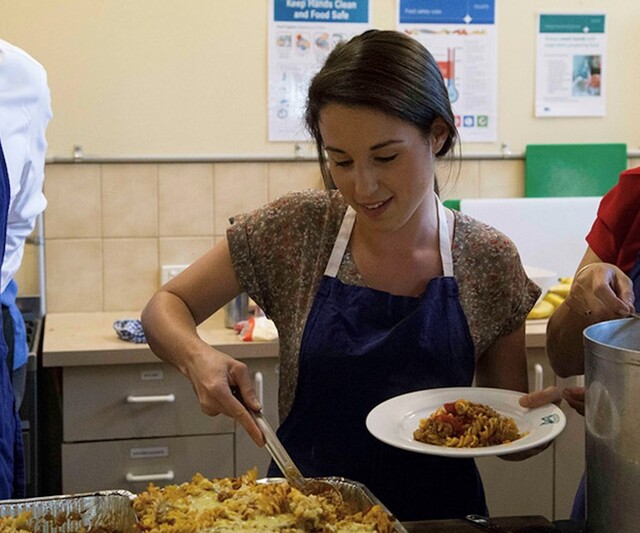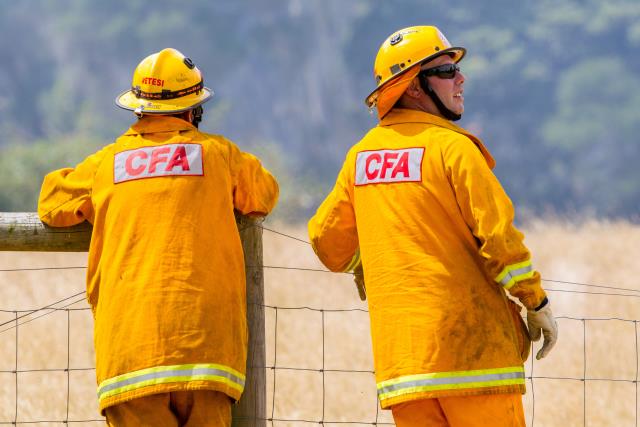High unemployment rates in Victoria are challenging local welfare and homeless support organisations as they cope with the increased demands of the coronavirus pandemic.
Dandenong Ranges Emergency Relief Service CEO Tania Bevan shared some of the issues faced by those in need.
“Often people need assistance because they just quite haven’t got enough money to get by, but now they really haven’t got enough money to get by,” Ms Bevan said.
“When the first wave came around there was panic buying and that meant people had to buy brand names rather than generic ones, which increased their grocery bills. People have had to buy masks now and hand sanitiser and these things, when you’re on a very limited budget, make a difference.
“We’ve had people being home more so their utility costs have risen.”
Other issues Ms Bevan said had been amplified during Covid-19 included a state-wide shortage of firewood, heightened stress levels within the community, as well as significant hardship for those who were homeless or on a visa.
“It’s really hit the cohort of people who are homeless, it’s been very difficult,” she said.
“People who are here on visas, they have no form of income whatsoever. Their level of need is very high, they have rent to pay, food to buy and they have no income.”
Healesville Interchurch Community Care Inc (HICCI) executive officer Alison Gommers told Star Mail she believed more people were out there in need of help, but despite this, they have had less people come through their doors.
“We’re still open but have found that not as many are coming in, even a lot of our regulars,” she said.
Ms Gommers said this may be due to people fearing they might contract the virus while also acknowledging the increase in welfare payments of JobSeeker compared to that of the Newstart allowance being a welcomed boost.
The Newstart allowance provided $489.70 per fortnight for a single adult with no children, much less than the $1115.70 per fortnight on offer for the JobSeeker payment and coronavirus supplement from April.
Ms Gommers anticipates there will be a large increase for support once the JobSeeker payment was lowered to about $800 per fortnight next month.
Ms Gommers said she feared that people who didn’t typically need the support of HICCI prior to the pandemic may not reach out for the support they need, or that they may not be aware of how HICCI can help.
“If I had a dollar for every time I see someone walking past our window who has a look in and see them think, ‘what do they do in there?’ but keep going … We’re funded to help anyone in Healesville, Yarra Glen and surrounding areas. We can help with meals for those in need as well as vouchers for Coles and fuel,” she said.
The Philanthropic Collective’s co-founder Andrew Fillip-Gautier said the biggest issue his organisation had faced recently was a surge in panic buying.
Mr Fillip-Gautier said this had resulted in very little to nothing for the organisation’s care boxes.
“Only yesterday (12 August) we were able to call on a couple of Yarra Ranges Emergency Relief members for extra support to tide us over,” he said.
“So for the first time in two weeks we have been in a position to offer families and seniors enough food to last.”
Both DRERS and The Philanthropic Collective had also noticed an increase in people willing to volunteer since the pandemic began.
Prior to the second phase of coronavirus restrictions, Yarra Ranges Council found 49 per cent of young adults (15-24) who took part in a survey responded having lost their job as a result of Covid-19.
“This information was collected before this second phase of Stage 3 lockdown restrictions,“ Mayor Richard Higgins said. “Those results are likely to be much worse when we run that survey again later this year.
“Council has been contacted by many people in our community needing support, ranging from business owners struggling to stay afloat, to people who, although once thriving, have suddenly found themselves in a vulnerable position.
“Increases in mental health issues, homelessness, family violence incidents, substance abuse and social isolation are a very sad but real predicament for our region.”










